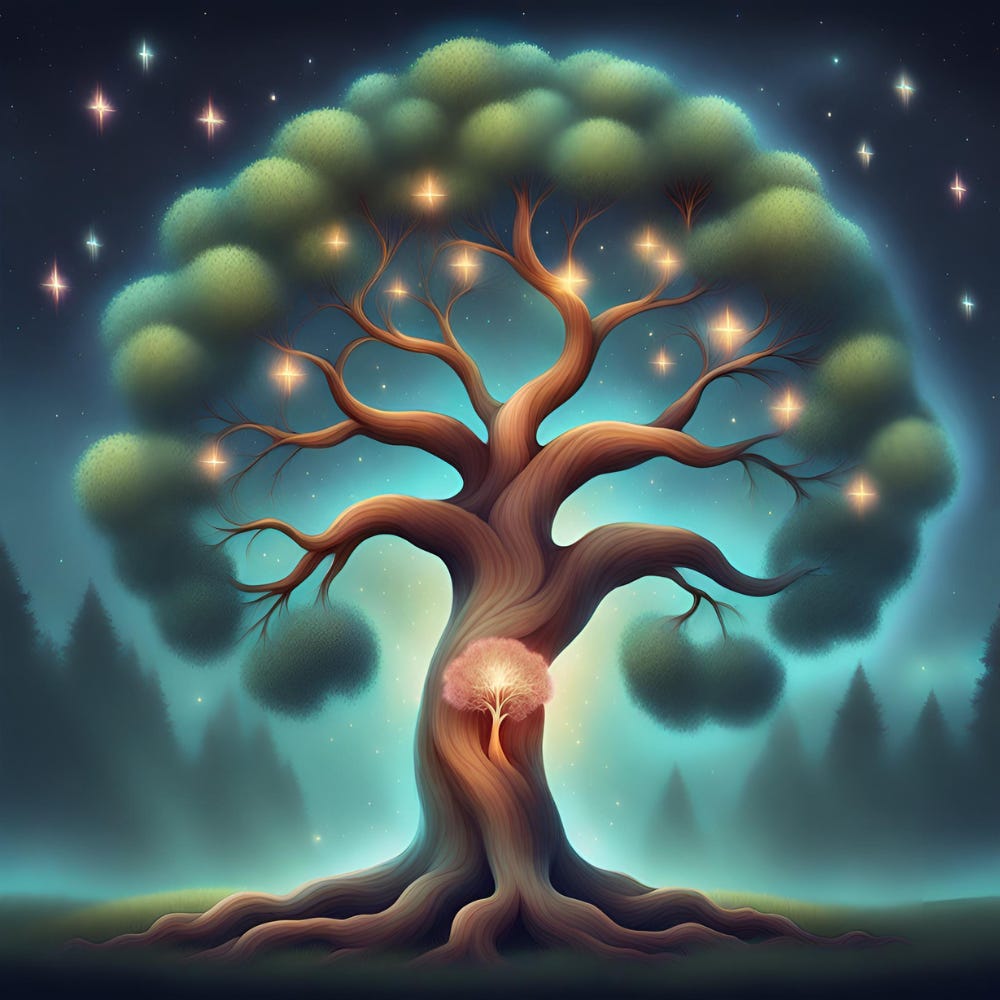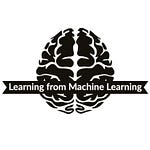This episode features Dr. Michelle Gill, Tech Lead and Applied Research Manager at NVIDIA, working on transformative projects like BioNemo to accelerate drug discovery through AI. Her team explores Biofoundation models to enable researchers to better perform tasks like protein folding and small molecule binding.
Michelle shares her incredible journey from wet lab biochemist to driving cutting edge AI at NVIDIA. We discuss the overlap and differences between NLP and AI in biology. She outlines the critical need for better machine learning representations that capture the intricate dynamics of biology.
Michelle provides advice for beginners and early career professionals in the field of machine learning, emphasizing the importance of continuous learning and staying up to date with the latest tools and techniques. She also shares insights on building successful multidisciplinary teams.
After hearing her fascinating PyData NYC keynote, it was such an honor to have her on the show to discuss innovations at the intersection of biochemistry and AI.
"Biological and chemical modalities...they aren't text, even though we represent them that way. They're three-dimensional, but they're also dynamic. And that motion is very fundamental to the roles that they play in biology."
Key Takeaways
Deeply understand your data first before applying models - visualizing and exploring datasets reveals insights models may miss. Don't jump into ML without knowing your problem space.
Biology has complex dynamics over time current ML still fails to represent - huge innovation potential exists in better embedding biological interactions.
Multidisciplinary teams unite unique expertise, if thoughtfully created - ensure members feel valued and align to impactful goals bigger than oneself.
Lifelong learning enables leaping to leading edge innovations - Michelle went from biophysics to teaching ML then pioneering biological ML advancements.
ML will profoundly transform sciences by augmenting human understanding - better tools and representations will allow pushing boundaries of discoveries only imagined before.
References and Resources
https://michellelynngill.com/
Michelle Gill - Keynote - PyData NYC
Resources to learn more about Learning from Machine Learning













Share this post